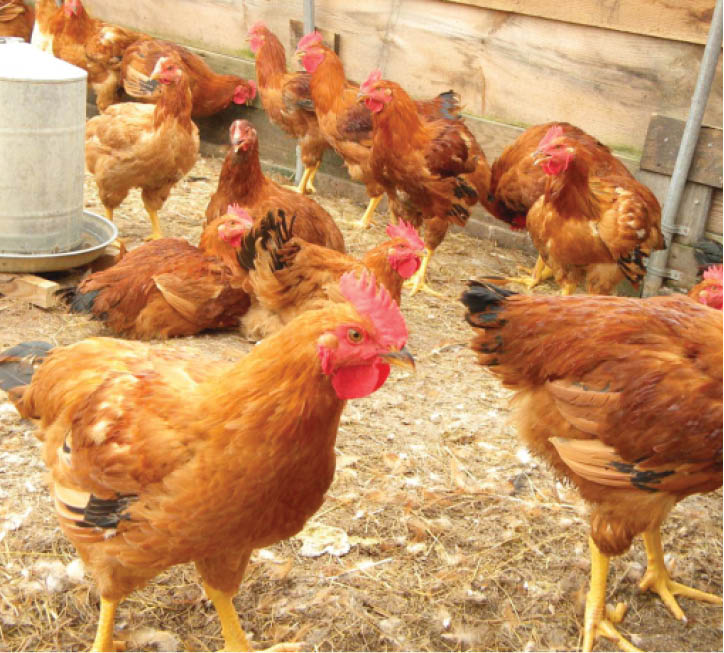Short term measures to check impact of hot weather on your birds
For us in Nigeria, extreme weather conditions can make it very difficult for poultry farmers to attain set target. Dr. Bala Mohammed, a poultry expert in Abuja, advises farmers on some of the short term measures they could take to protect their farm birds. “One of the measures is that you give high energy feeds […]

Extremely hot weather may not be good enough for your birds
For us in Nigeria, extreme weather conditions can make it very difficult for poultry farmers to attain set target.
Dr. Bala Mohammed, a poultry expert in Abuja, advises farmers on some of the short term measures they could take to protect their farm birds.
“One of the measures is that you give high energy feeds to you birds but you have to have your nutritionist, vet, or feed scientist to decide on the amount of energy given to them, not necessarily for eggs but to give them the required energy in the hot season.
“In addition to that, you have to have a way of clearing their manure because nitrogen in the pen will also be a source of discomfort and stress on the birds and make them unable to eat. So you don’t allow build-up of ammonia by allowing faeces of the birds stay long in their pen; you have to be removing it regularly,” he said.
The expert also stressed that farmers must handle the water the birds drink during the hot season with care, noting that in some farms, the tanks are in the sun, which means the birds drink water heated by the sun in the afternoon. And once they are not able to take water, they will not take feeds, and they will not give the farmer eggs.
“What we advise is that you find a way of insulating the drinker tank by covering it with jute bags or some insulators so that the water doesn’t get heated up for the bird to drink. In the worst case, you may have to get some ice blocks between the hours of 11am and 4pm to make sure that the temperature of the water is right. That will encourage them to drink a lot of water and bring down the heat physiology and then they will be able to feed and lay eggs.
“Another short term measure is that you also have to feed them very early in the morning, between 2am and 10am so that in the afternoon even if they are not able to eat anything, they will have water and they are happy giving you eggs and then they could also cool off by just drinking water in the day time.
In addition to that, your vet would also want to suggest drugs like ascorbic acid to help the physiology of the birds cool off and be able to feed well,” he emphasised.
